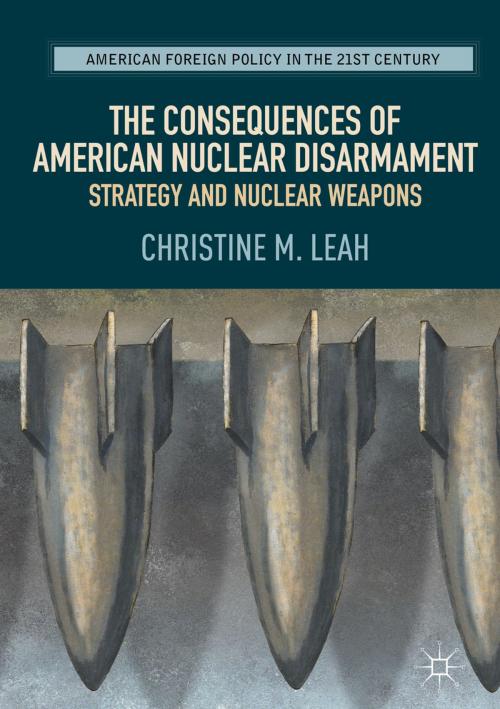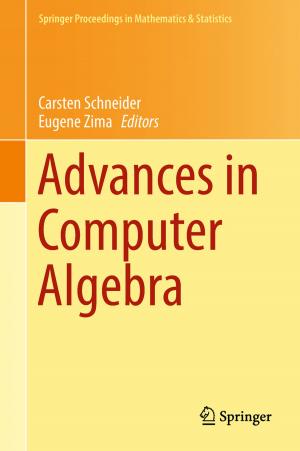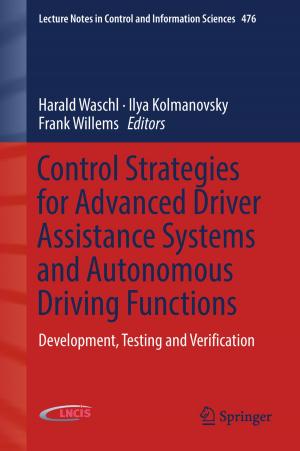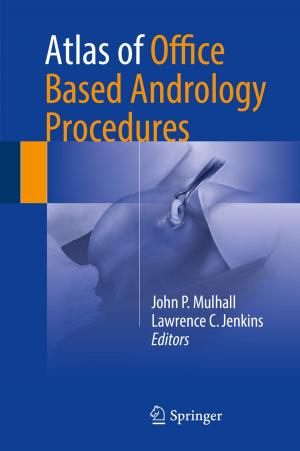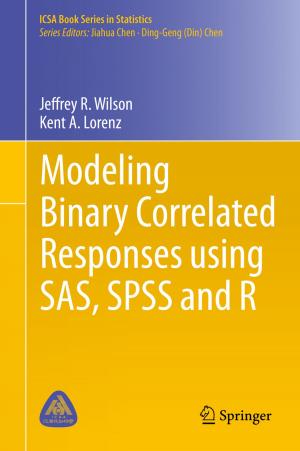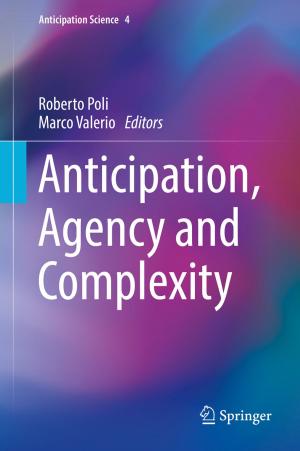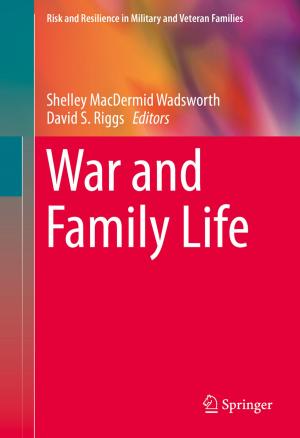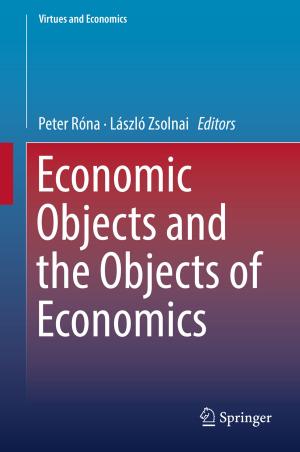The Consequences of American Nuclear Disarmament
Strategy and Nuclear Weapons
Nonfiction, Social & Cultural Studies, Political Science, International, International Relations, Government| Author: | Christine M. Leah | ISBN: | 9783319507217 |
| Publisher: | Springer International Publishing | Publication: | February 18, 2017 |
| Imprint: | Palgrave Macmillan | Language: | English |
| Author: | Christine M. Leah |
| ISBN: | 9783319507217 |
| Publisher: | Springer International Publishing |
| Publication: | February 18, 2017 |
| Imprint: | Palgrave Macmillan |
| Language: | English |
This book is about the future of nuclear weapons, geopolitics, and strategy. It examines the legacy of nuclear weapons on US thinking about some concepts of strategy and geopolitics, namely deterrence, extended deterrence, alliances, and arms control. The purpose of this is to demonstrate just how fundamentally nuclear weapons have influenced American thinking about these concepts. It argues that, given the extent of nuclear weapons' influence on these concepts and the implications for international security, further reductions beyond current Strategic Arms Reduction Talks (START) levels, and the more absolute idea of nuclear disarmament, may not necessarily be prudent ideas. Nuclear weapons have contributed to the avoidance of major war between states, made alliances more credible and last longer, and have made arms control relatively easier to conceptualize and manage. As such, the author argues, these concepts may become even more difficult to manage in a world where nuclear weapons are marginalized.
This book is about the future of nuclear weapons, geopolitics, and strategy. It examines the legacy of nuclear weapons on US thinking about some concepts of strategy and geopolitics, namely deterrence, extended deterrence, alliances, and arms control. The purpose of this is to demonstrate just how fundamentally nuclear weapons have influenced American thinking about these concepts. It argues that, given the extent of nuclear weapons' influence on these concepts and the implications for international security, further reductions beyond current Strategic Arms Reduction Talks (START) levels, and the more absolute idea of nuclear disarmament, may not necessarily be prudent ideas. Nuclear weapons have contributed to the avoidance of major war between states, made alliances more credible and last longer, and have made arms control relatively easier to conceptualize and manage. As such, the author argues, these concepts may become even more difficult to manage in a world where nuclear weapons are marginalized.
